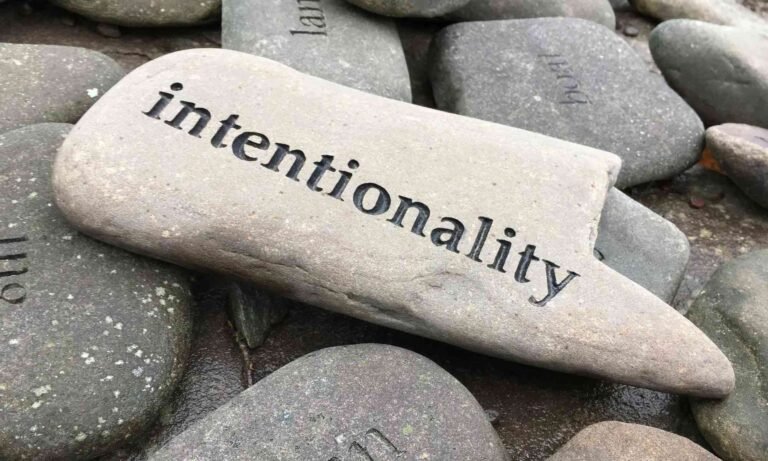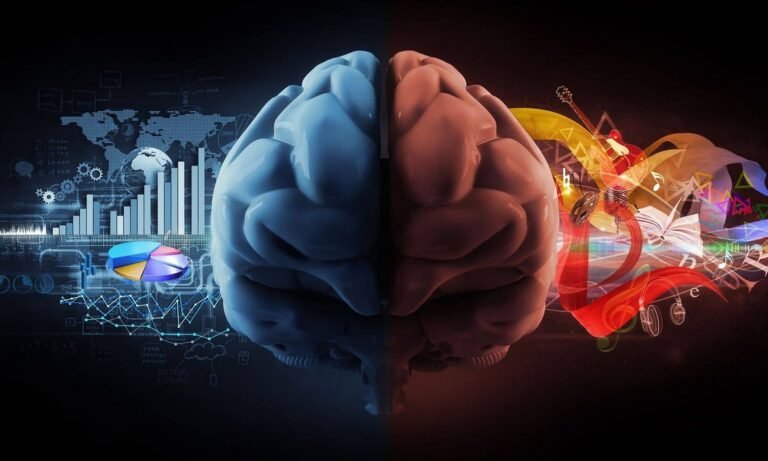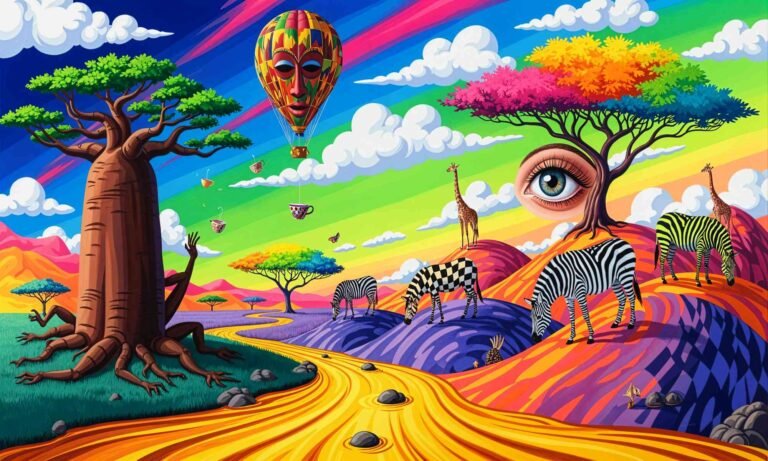Ethics is a branch of philosophy that is concerned with human conduct, more specifically the behaviour of individuals in society. Derived from the Greek word “ethos”, which means “way of living”, Ethics encompass the principles of right and wrong that individuals use to make choices and guide their behaviors. Ethics examines the rational justification for our moral judgments; it studies what is morally right or wrong, just or unjust. In the professional realm, ethics often shape the guidelines for acceptable conduct within a particular industry or organization. It’s crucial to consider ethical implications when making decisions, as they can have far-reaching effects on the world around us.
“Science has been charged with undermining morality, but the charge is unjust. A man’s ethical behavior should be based effectually on sympathy, education, and social ties and needs; no religious basis is necessary. Man would indeed be in a poor way if he had to be restrained by fear of punishment and hope of reward after death.”
– Albert Einstein
In a broader sense, ethics reflects on human beings and their interaction with nature and with other humans, on freedom, on responsibility and on justice. It can be said that in general, ethics is concerned with human independence when it focuses on the relationship that exists between humans and the world. This independence is the primary condition in ethical decision-making and in any objective analysis of the facts. Individuals demonstrate independence when, in a decision-making process, they choose to free themselves as much as possible from their conditioning.
Insofar as this operation assumes a degree of lucidity that allows us to judge objectively and to decide what direction to take, it will be understood that making ethical decisions is difficult.
Normative Ethics
Normative ethics, is the study of how we ought to act, morally speaking. It deals with questions about what is right and wrong, good and bad. Normative ethics is also sometimes called moral philosophy. There are three main types of normative ethical theories: consequentialism, deontology, and virtue ethics. Each theory has different ways of approaching moral problems. For example, a consequentialist might focus on the results of an action, while a deontologist might focus on the intentions behind the action. We can define normative ethics as a system of moral principles that tell us what we ought to do in various situations. These principles can be derived from our understanding of what is good or bad, right or wrong. For example, the principle of beneficence tells us that we should do things that will promote the good of others, while the principle of non-maleficence tells us to avoid doing things that will cause harm.
Meta Ethics
Metaethics is the study of moral thought and moral language. Rather than addressing questions about what practices are right and wrong, and what our obligations to other people or future generations are – questions of so-called ‘normative’ ethics – metaethics asks what morality actually is. The metaethicist is interested in whether there can be knowledge of moral truths, or only moral feelings and attitudes, and asks how we understand moral discourse as compared with other forms of speech and writing.
Applied Ethics
The following statements might be typical of our own. The meaning of “ethics” is hard to pin down, and the views many people have about ethics are shaky.
- “Ethics has to do with what my feelings tell me is right or wrong.”
- Many people tend to equate ethics with their feelings. But being ethical is clearly not a matter of following one’s feelings. A person following his or her feelings may recoil from doing what is right. In fact, feelings frequently deviate from what is ethical.
- “Ethics has to do with my religious beliefs.”
- Nor should one identify ethics with religion. Most religions, of course, advocate high ethical standards. Yet if ethics were confined to religion, then ethics would apply only to religious people. But ethics applies as much to the behavior of the atheist as to that of the devout religious person. Religion can set high ethical standards and can provide intense motivations for ethical behavior. Ethics, however, cannot be confined to religion nor is it the same as religion.
- “Being ethical is doing what the law requires.”
- Being ethical is also not the same as following the law. The law often incorporates ethical standards to which most citizens subscribe. But laws, like feelings, can deviate from what is ethical. The pre-Civil War slavery laws and the old apartheid laws of present-day South Africa are grotesquely obvious examples of laws that deviate from what is ethical.
- “Ethics consists of the standards of behavior our society accepts.”
- Finally, being ethical is not the same as doing “whatever society accepts.” In any society, most people accept standards that are, in fact, ethical. But standards of behavior in society can deviate from what is ethical. An entire society can become ethically corrupt. Nazi Germany is a good example of a morally corrupt society. Moreover, if being ethical were doing “whatever society accepts,” then to find out what is ethical, one would have to find out what society accepts. To decide what I should think about abortion, for example, I would have to take a survey of American society and then conform my beliefs to whatever society accepts. But no one ever tries to decide an ethical issue by doing a survey. Further, the lack of social consensus on many issues makes it impossible to equate ethics with whatever society accepts. Some people accept abortion but many others do not. If being ethical were doing whatever society accepts, one would have to find an agreement on issues which does not, in fact, exist.
What, then, is ethics? Ethics is two things.
- First, ethics refers to well-founded standards of right and wrong that prescribe what humans ought to do, usually in terms of rights, obligations, benefits to society, fairness, or specific virtues. Ethics, for example, refers to those standards that impose the reasonable obligations to refrain from rape, stealing, murder, assault, slander, and fraud. Ethical standards also include those that enjoin virtues of honesty, compassion, and loyalty. And, ethical standards include standards relating to rights, such as the right to life, the right to freedom from injury, and the right to privacy. Such standards are adequate standards of ethics because they are supported by consistent and well-founded reasons.
- Secondly, ethics refers to the study and development of one’s ethical standards. As mentioned above, feelings, laws, and social norms can deviate from what is ethical. So it is necessary to constantly examine one’s standards to ensure that they are reasonable and well-founded. Ethics also means, then, the continuous effort of studying our own moral beliefs and our moral conduct, and striving to ensure that we, and the institutions we help to shape, live up to standards that are reasonable and solidly-based.
Business Ethics
Business ethics refers to implementing appropriate business policies and practices with regard to arguably controversial subjects. Some issues that come up in a discussion of ethics include corporate governance, insider trading, bribery, discrimination, social responsibility, and fiduciary responsibilities.
Stories On Ethics
The moral of the following story “The Boy Who Cried Wolf” is that liars will not be rewarded; even if they tell the truth, no one believes them (anymore). There are more stories here at TESS (Teaching Ethics with Short Stories)
The Boy Who Cried Wolf
There once was a shepherd boy who was bored as he sat on the hillside watching the village sheep. To amuse himself he took a great breath and sang out, “Wolf! Wolf! The Wolf is chasing the sheep!”
The villagers came running up the hill to help the boy drive the wolf away. But when they arrived at the top of the hill, they found no wolf. The boy laughed at the sight of their angry faces.
“Don’t cry ‘wolf’, shepherd boy,” said the villagers, “when there’s no wolf!” They went grumbling back down the hill.
Later, the boy sang out again, “Wolf! Wolf! The wolf is chasing the sheep!” To his naughty delight, he watched the villagers run up the hill to help him drive the wolf away.
When the villagers saw no wolf they sternly said, “Save your frightened song for when there is really something wrong! Don’t cry ‘wolf’ when there is NO wolf!”
But the boy just grinned and watched them go grumbling down the hill once more.
Later, he saw a REAL wolf prowling about his flock. Alarmed, he leaped to his feet and sang out as loudly as he could, “Wolf! Wolf!”
But the villagers thought he was trying to fool them again, and so they didn’t come.
At sunset, everyone wondered why the shepherd boy hadn’t returned to the village with their sheep. They went up the hill to find the boy. They found him weeping.
“There really was a wolf here! The flock has scattered! I cried out, “Wolf!” Why didn’t you come?”
An old man tried to comfort the boy as they walked back to the village.
“We’ll help you look for the lost sheep in the morning,” he said, putting his arm around the youth, “Nobody believes a liar…even when he is telling the truth!”
Conclusion
People need some sort of a moral guide through life. Many may think that they can get by without one, but chances are that they are egoists and do have a principle which is guiding them. If it makes me feel good, if it makes me happy, if I like it and can live with it, then it is all right for me to do it. That may seem like an attractive principle by which we can make decisions until one starts to think about it. As a guide for all people, that principle would lead and does lead to many conflicts. What is needed in a moral code is something that will enable humans to live with one another in an order rather than in chaos of self-interested action. A moral code provides a framework for making decisions that consider the well-being of others, promoting harmony and cooperation in society.
What’s More
The posts in My Blog feature reflective, story-driven pieces rooted in personal and societal insights.
The topics in My Interests explore abstract, philosophical ideas and their cultural and societal impact.
👁️ 5,667 Views
















